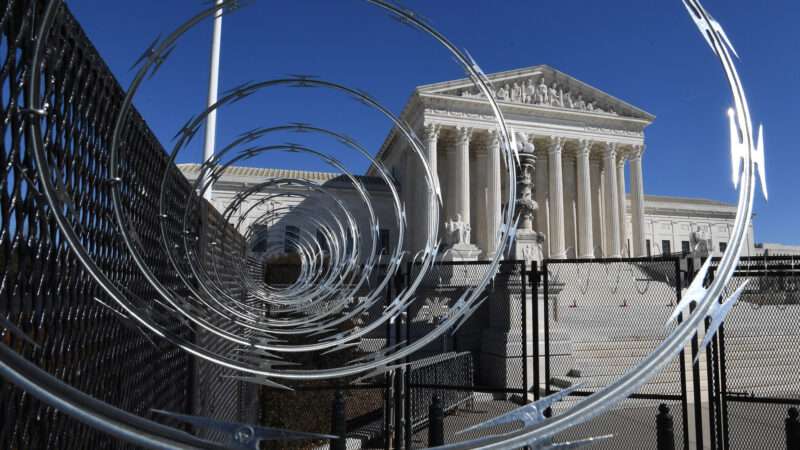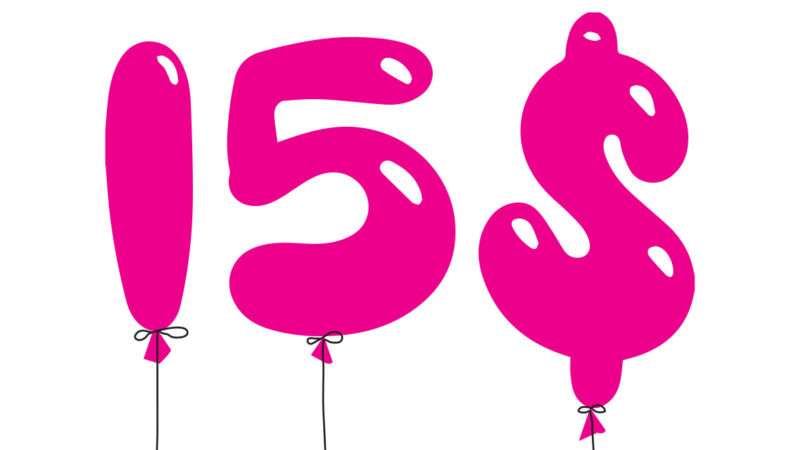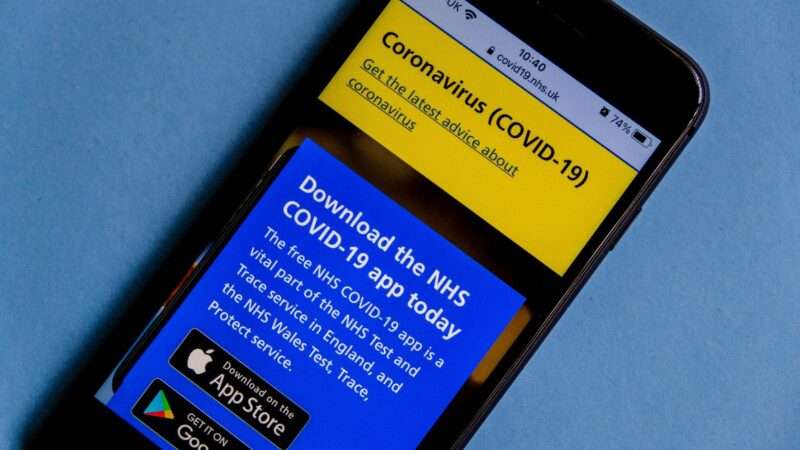
New legislation to be introduced in both the House and Senate today would add four justices to the U.S. Supreme Court. If successful, this would bring the number of Supreme Court justices to 13.
“The number of justices on the court, which is set by Congress, has fluctuated throughout the course of the nation’s history, reaching as many as 10 seats before settling on nine in 1869,” notes The Intercept. So, it would be perfectly legal, and not unheard of, for Congress to shift the number of justices.
And yet…a Democratic-controlled legislature doing so at a time when conservative justices outnumber liberal justices 6–3 seems—and adding not one or two more spots but enough justices to see that, if appointed under President Joe Biden, liberals would once again hold a Supreme Court majority—smacks of partisan politics, not fulfilling legitimate legal needs.
The Senate bill will be introduced by Sen. Ed Markey (D–Mass.) and the House bill is backed by Reps. Jerry Nadler (D–N.Y.), Hank Johnson (D–Ga.), and Mondaire Jones (D–N.Y.). As a reason why, Jones cited cases that were decided in ways he didn’t like.
They’re slated to hold a press conference about the effort on Thursday morning.
“But there’s little chance the bill will make headway,” notes The Wall Street Journal.
Republicans are united in opposition to a plan that would undo the conservative majority on the Supreme Court, and even many Democrats critical of the court are reluctant to prejudge the issue while Mr. Biden’s commission is at work.
Moreover, some liberal-leaning scholars and jurists, including Justice Stephen Breyer, have suggested that altering the court’s makeup for ideological reasons would damage its reputation as an apolitical body.
Mr. Markey disagreed, arguing that adding four justices—thus allowing President Biden to create a 7-6 liberal majority—”will shore up the public’s confidence in the court and its legitimacy in the public’s eyes.”
FREE MINDS
U.S. will finally withdraw troops from Afghanistan. Biden announced on Wednesday that, after nearly two decades, it is “time to end the forever war” in Afghanistan. “War in Afghanistan was never meant to be a multigenerational undertaking,” Biden said. From The New York Times:
Speaking from the same spot in the White House where President George W. Bush ordered the start of the war after the Sept. 11 attacks nearly two decades ago, Mr. Biden made a case that there was no longer any justification — if there ever was — to believe that the United States military presence could turn Afghanistan into a stable democracy.
The roughly 2,500 American troops on the ground there, he said, would be gradually withdrawn starting on May 1, with the process complete by Sept. 11, a timetable intended to signal his determination to end a vexing and largely failed chapter in American foreign policy.
Military officials suggested the exit could be even more rapid, leaving only a token guard force for the American Embassy. NATO forces, which today have a far larger presence than the United States, would also depart, European officials said.
FREE MARKETS
Mastercard caves to anti-porn groups. Under pressure from religious groups, Mastercard is tightening the screws on adult businesses. In order for Mastercard to be used in interactions with online adult businesses, it will now require those businesses to have identity verification on all content creators, review all content prior to publication, and enact a slew of other specific content moderation processes. Since these rules go way beyond what is required of Facebook and other social media sites—which have been found to have a way bigger problem with criminal sexual content than, say, Pornhub—this is clearly more of a political move than anything else.
If your OnlyFans subscribers use MasterCard, you’re about to be officially classified as a “seller of adult content” and subject to an entire new set of obligations and regulations, which are being called “a huge” victory by religious anti-porn groups and politicians: https://t.co/Og1taMSNNV
— Gustavo Turner (@GustavoTurnerX) April 14, 2021
Mastercard and other credit companies have been under pressure from anti-porn religious groups (such as Exodus Cry) and others to stop doing any business with Pornhub, OnlyFans, and other purveyors of online adult content, much like they were pressured to stop doing business with Backpage and Craigslist a few years ago.
QUICK HITS
Bronx prosecutor charged with drunkenly crashing her car in Queens has her case dismissed and sealed. In America, the law enforcement caste has some of the harshest rules in the world for us, while it applies a different set of standards to itself. https://t.co/no8FHJ5oFr
— David Menschel (@davidminpdx) April 14, 2021
• Reason‘s Nick Gillespie talks to Jesse Singal about his new book The Quick Fix: Why Fad Psychology Can’t Cure Our Social Ills.
• A federal appeals court has given Ohio the go-ahead to ban abortions undertaken because a fetus has been diagnosed with Down syndrome. The ruling “evades major Supreme Court precedent and is certain to reverberate in cases nationwide,” writes CNN legal analyst Joan Biskupic.
• Last fall’s House antitrust subcommittee report on competition in digital markets “is nothing more than a Democrat attempt to reshape decades of antitrust law to the detriment of American competition and innovation,” says Americans for Tax Reform. “Not a single Republican joined the report when it was initially released, and Republicans should remain opposed to the left’s attempts to weaponize antitrust law. “
• Hawaii will allow nurses to perform some early-stage abortions.
from Latest – Reason.com https://ift.tt/3tkE0T6
via IFTTT

